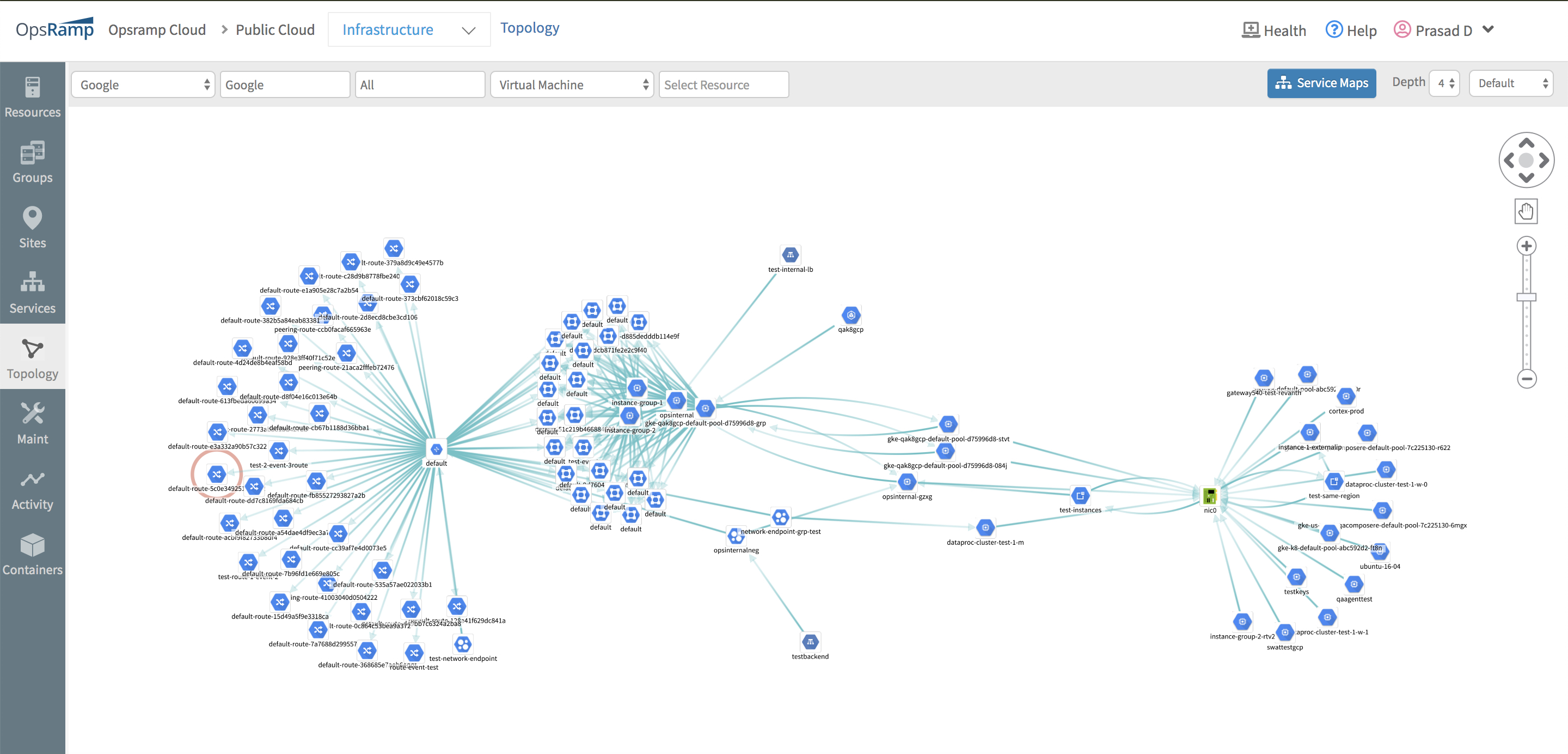Every company today is struggling to deal with security and understanding what is happening on their systems. This is even more pronounced as companies have had to move their employees to work from home. Uptycs, a Boston-area security analytics startup, announced a $30 million Series B today to help companies detect and understand breaches when they happen.
Sapphire Ventures led the round with help from Comcast Ventures and ForgePoint Capital. The startup has now raised a total of $43 million, according to the company. Under the terms of today’s deal, Sapphire Ventures’ president and managing director Jai Das will be joining the company’s board.
Company co-founder and CEO Ganesh Pai says he and his co-founders previously worked at Akamai, where they observed Akamai’s debugging and diagnostic tools, which were designed to work at massive scale. The founders believed they could use a similar approach to building a security analytics platform, and in 2016 the group launched Uptycs .
“We help people to solve intrusion detection, compliance and audit and incident investigation. These are table stakes requirements [for security solutions] that most large scale organizations have, and of course with their scale the challenges vary. What we at Uptycs do is provide a solution for that,” Pai told TechCrunch.
The company uses a flight recorder approach to security, giving security operations teams the ability to sift through the data and review exactly how a detection happened and how the intruder got through the company’s defenses.
He recognizes his company is fortunate to get a round this large right now, but he says the solution has attracted a number of customers signing seven-digit contracts and this in turn got the attention of investors. “That customer engagement, their experience and this commitment from our customers led to this substantial round of funding,” he said.
The company currently has 65 employees spread across offices in Waltham, a Boston suburb, as well as two offices in India. Pai says the plan is to double that number in the next 12 months. “Between the cash flow from our existing customers and the pipeline for us and the funding, we are planning to grow in a meaningful way. If everything aligns with our expectation we will double our team size in the next 12 months,” he said.
As he grows his company in this way, Pai says they are talking to their investors about how to build a diverse workforce. “We’ve thought long and hard about it, both in terms of diversity and inclusion. It is a lot harder to execute because at the end of the day, there is a finite talent pool, but we are having conversations with our investors, who have seen patterns of success in terms of implementing such plans from growth stage ventures,” he said.
He added, “And of course we are a very early-stage company, but we are extremely cognizant, and given the current circumstances are acutely aware that we need to do our very best and make a difference.”
As the company has moved to work from home across its operations, he says it has benefited from working in the cloud from the start. “As an organization we are very fortunate that we built our organization so that everything runs in the cloud and everyone has been able to remain very productive,” he said.


